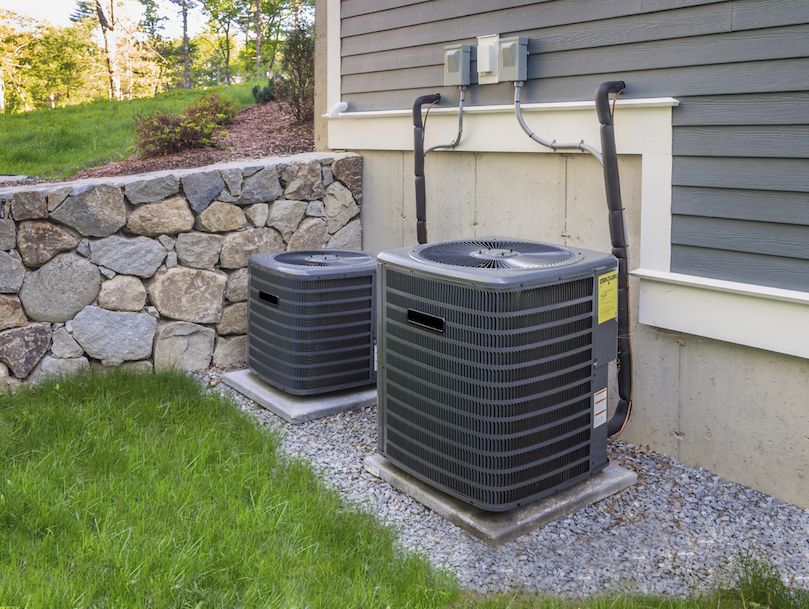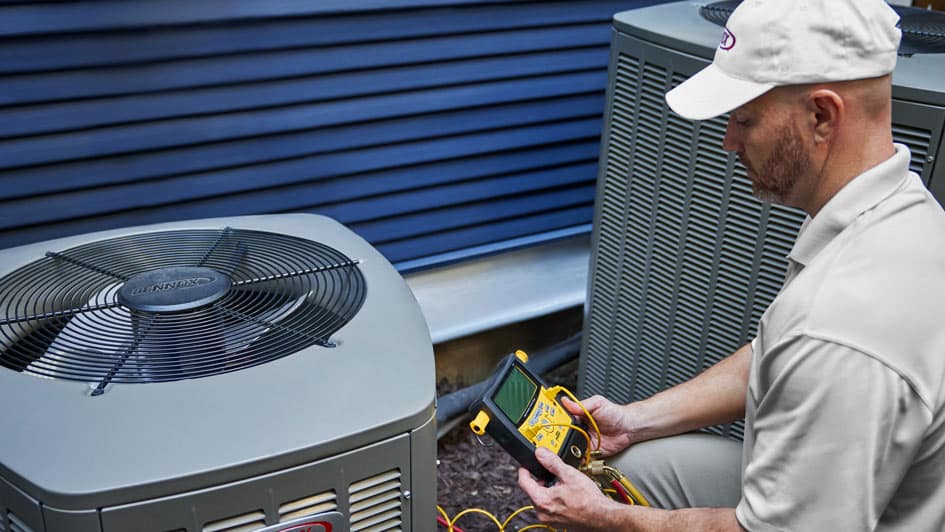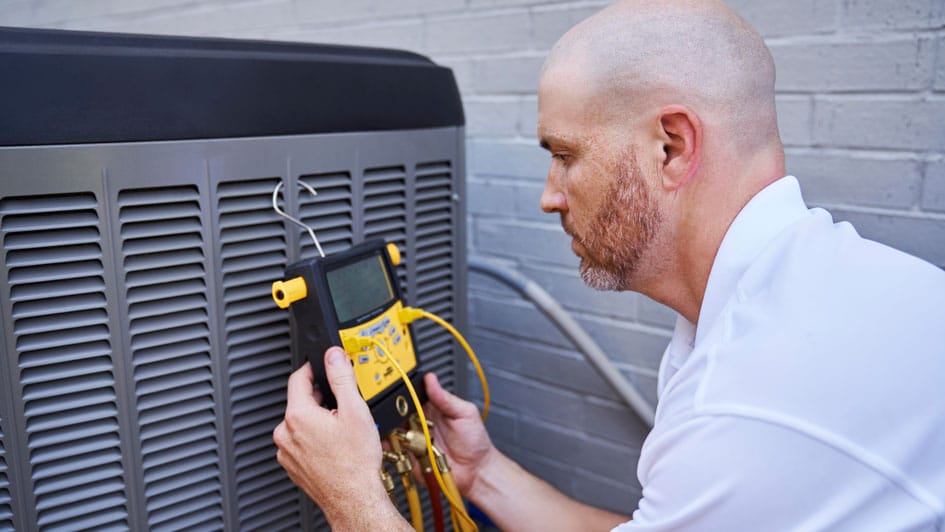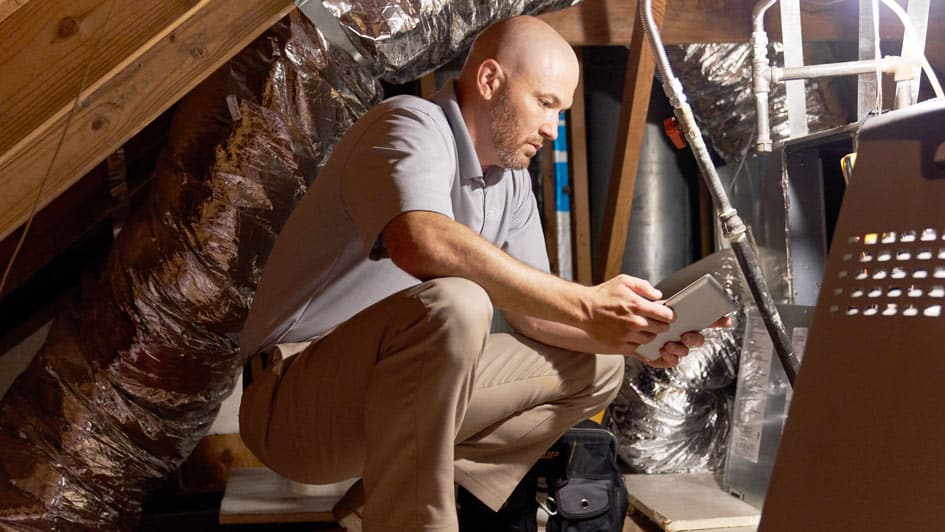
What do HVAC ratings mean?
When you’re searching for a new HVAC system, you have to consider a lot of factors. Is it the correct size for your home? Is it energy efficient? Will it work with your budget? Will the system be quiet enough for your house? Will it be beneficial for your indoor air quality? It can be overwhelming. On top of all the inquiries you have, some HVAC knowledge seems just out of reach. The acronyms and shorthand that industry professionals may include can be confusing for the average homeowner. Luckily, the team at Abilene Air-Tech Inc are breaking down the system ratings you need to know before making a purchase:
Annualized Fuel Utilization Efficiency (AFUE): This efficiency rating is a ratio that associates how much of the fuel you use in your furnace to the amount turned into useable heat. The higher the percentage of heat used, the better the system rating.
If your system has an AFUE rating of 85, that means the system makes 85 percent of the fuel used into useable heat. If you are looking for a highly efficient system, you’ll want one that has an AFUE of 90 or higher. Lennox has residential furnaces with ratings up to 98.7—the highest in the industry.
Seasonal Energy Efficiency Ratio (SEER): Both heat pumps and air conditioners use this rating. Much like AFUE, this ratio measures how much of the fuel used to power a heating and cooling system is converted to cooling output. The higher the SEER rating, the more efficient your system is operating.
Minimum SEER ratings change between regions. High efficiency models are generally more expensive, but they provide more energy savings. Lennox offers air conditioners with SEER ratings up to 26—another industry leading rating.
Heating Seasonal Performance Factor (HSPF): Looking into heat pumps? This will be what you’ll want to take a look at as far as heating efficiency. The higher your heat pump is rated, the more efficient it is. If you want to find a solution that’s ENERGY STAR® efficient, then look for a model with a rating above an 8.2—as well as a SEER rating above 12.
Minimum Efficiency Reporting Value (MERV): Air filters have holes that permit air and particles to flow around the house. MERV measures the size of the holes. The higher the rating, the smaller the holes in the filter—and a decrease in the number of particles that make their way into your home. If you’re looking for a more efficient filter, find one with a MERV rating of 10 or higher.
Air filters are key to the quality of air in your home. Make sure to find the rating that works with your home, with your system and change the filter regularly.
Finding an HVAC system that fits with your home, your energy efficiency needs and your desired comfort starts with understanding ratings. If you’re ready to find the best solution, or you have more questions about system ratings, call the team at Abilene Air-Tech Inc. You can reach us at (325) 692-5850 We’ll work with you to find the best solution and get to the bottom of all your questions.
Don't wait until your AC breaks down - get a professional maintenance check now.
Contact



